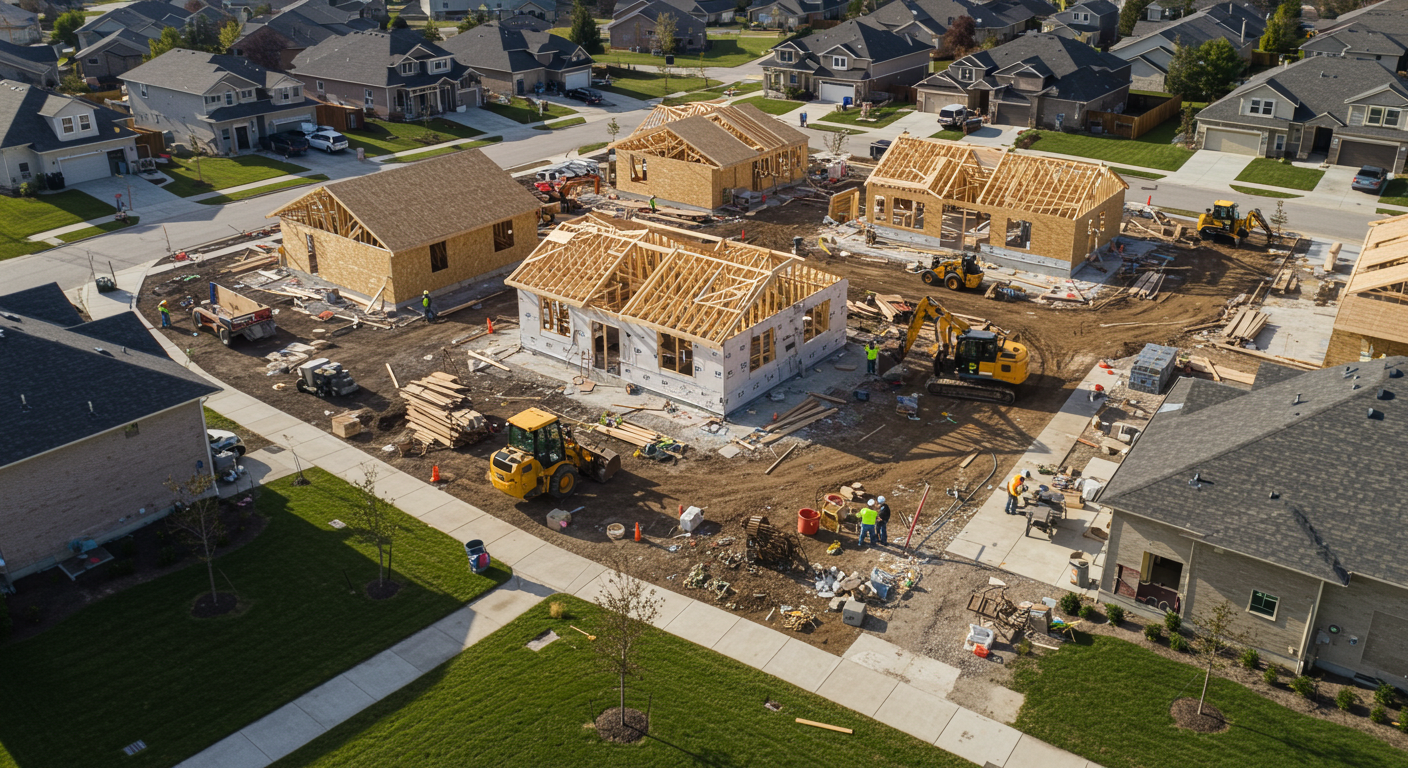There are many surveillance camera system options available. Here are some key boxes to check.

Thieves, vandals, and frauds cause plenty of havoc and expense at retail stores, construction sites, and many other settings. And businesses of all kinds can benefit greatly from installing video surveillance that protects people, property, and profits. This guide simplifies some steps of choosing site-specific surveillance, outlining how you can find security tools that fit your needs.
An industry cross-section by crime rate
HereŌĆÖs a quick overview of crime in some major sectors to underscore the value of surveillance:
- Retail crime is common and often organized. Pre-COVID, retail theft costs soared to $68.9 billion, a number that jumped to $125.7 billion in lost economic activity. Further, a survey of retail asset protection managers found that ŌĆ£Organized retail crime puts employees in harmŌĆÖs way and can oftentimes lead to verbal threats and physical assault.ŌĆØ
- Construction site security cameras are essential in a sector that routinely deals with criminals and vandals seeking to exploit perimeter security weaknesses and steal valuable tools and materials ŌĆö or simply deface a build. This threat has only increased during the pandemic and its aftermath, with some industry professionals calling these conditions ŌĆ£open seasonŌĆØ for criminals and a ŌĆ£construction crime spree.ŌĆØ┬Ā
- Residential properties like apartment complexes must contend with burglary, theft, and home invasion, to name just a few threats. The US experiences over a million burglaries annually, driven by attempted or successful forcible or unlawful entries. Residential surveillance is a critical tool for tenant and property protection.
Video surveillance systems mitigate these crimes, serving as a deterrent or a tool that aids in bringing perpetrators to justice. HereŌĆÖs how to decide which surveillance cameras are suitable for your property and business model.
Some basic selection criteria
Some understanding of IP ratings and NVR vs. DVR helps businesses weigh the pros and cons of competing surveillance cameras and systems.┬Ā
IP stands for ŌĆ£ingress protection.ŌĆØ The higher the IP number, the harsher the environmental conditions a camera can endure, staying protected from water, dirt, and debris. Thus, environmental factors associated with your business influence camera selection. Construction sites are a perfect example since they often contend with harsh weather and fine particulate airborne matter. A high-IP camera is necessary because it can operate reliably in these environments.
NVR and DVR systems both record footage captured by cameras, but they differ in how they receive and process it. Network video recorder (NVR) systems encode and process data at IP cameras (IP here is different than IP rating; it stands for ŌĆ£internet protocolŌĆØ). In contrast, digital video recorders (DVR) encode and process data at the recorder, converting analog data into a digital form. DVRs use older analog cameras connected via coaxial cables, while NVRs connect to IP cameras via Wi-Fi or ethernet cables.
NVRs offer lower signal interference, superior image resolution through higher pixel counts, and higher operating speeds. TheyŌĆÖre also faster to install than DVR, providing out-of-the-box functionality. The most significant pain point of an NVR is its typically higher cost, and this system type may be impractical if a site already has analog cameras installed.
DVR systems use coaxial cameras and cables as opposed to IPs. This makes them easy to upgrade if you already have a legacy system in place. DVR also removes the chances of hackers interfering with a wireless signal, though modern IP camera security is pretty tight. A downside of DVR is lesser image quality and more limited options for recording audio.┬Ā
Larger premises need extensive surveillance, which requires greater expense and smarter spending; an experienced security professional can help you choose the right system to optimize your budget.
The right camera for retail and residential
Retail surveillance must provide security by watching customers and staff to catch any criminals in the act. Cameras in such settings can also deepen understanding of foot traffic by capturing customer purchase habits and peak visiting times. This information help employers manage workflows by revealing operational bottlenecks and opportunities to optimize staffing levels.
Residential sites need different surveillance cameras to offer interior and exterior monitoring, as external cameras must stand tough against the elements. Both types must provide the clearest possible images day or night to identify a range of security threats.
Mobile security for construction sites
The construction sector is defined by its mobility. Companies go where the contract needs them, sometimes at very short notice. Mobile IP security cameras provide the ideal surveillance solution because they can be rapidly configured and deployed.
Surveillance camera options from Mobile Video Guard solve common construction site challenges like low-light conditions after sundown and overcoming difficult sightlines. Multiple cameras mounted in the air can provide a 360-degree surveillance field on even the largest sites. Our units operate above any ground-based structures or other objects which could impede lower-set cameras. And long-distance intrusion detection offers effective security for narrow sites, with added visual capabilities like capturing license plates.┬Ā
Mobile Video Guard benefits are available to every business
We serve customers from many sectors ranging from construction and car dealerships to apartments and storage yards. Our services include:
- No long-term contracts
- Live monitoring by trained surveillance agents during peak crime hours
- Police-style strobe lighting with real-time on-site voice interaction to deter intruders
- 24/7 recording
- Mobile app access for access to security feeds anytime, anywhere
- Cost savings and performance improvements over on-site security guards
Our team can have surveillance ready to go in under 24 hours for most sites ŌĆö youŌĆÖre only a day away from the right security system.
Speak to the surveillance experts with any questions
Choosing between different surveillance cameras and setups doesnŌĆÖt have to be difficult. Our expert team will help you fully understand everything involved, from hardware and software to installation and final costs. WeŌĆÖll also provide a personalized site plan to position the cameras for optimal performance. Contact Mobile Video Guard today to learn more.




